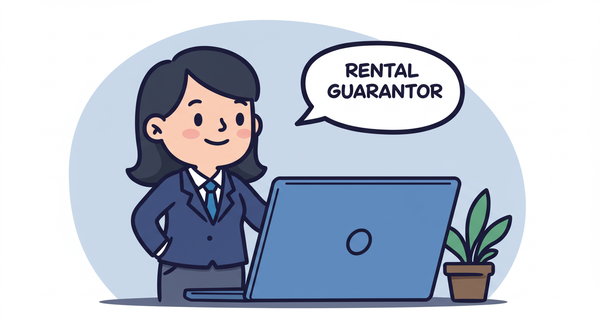
Pulse
The Property Pulse by LandlordDoc | July 18th, 2025
Your pulse of what's happening in the rental industry right now Issue #4 | July 18, 2025 | 3-minute read

Pulse
Your pulse of what's happening in the rental industry right now Issue #4 | July 18, 2025 | 3-minute read

Property Management Terms
Sometimes called rental property insurance, landlord insurance covers the specific risks landlords face, including property damage, liability claims, and loss of rental income.

Property Management Terms
A landlord is the property owner, lessor, or sublessor who leases residential rental units in exchange for compensation, usually rent.

Property Management Terms
The Internal Rate of Return (IRR) determines whether a rental property will generate sufficient returns to justify your time, money, and risk

Pulse
Your pulse of what's happening in the rental industry right now Issue #3 | July 4, 2025 | 3-minute read

Property Management Terms
A guarantor is someone who legally promises to pay rent if the tenant defaults. Industry standard requirements include 80x monthly rent income and 700+ credit score

Property Management Terms
The Empire State Building actually used to sit on ground leased land until the 1990s when the building owners purchased the underlying land to unify ownership

Property Management Terms
The U.S. Census Bureau includes everything from electricity bills to wood heating costs in gross rent calculations, making it far more complex than most property managers realize

Property Management Terms
A gross lease is a rental agreement where tenants pay one fixed monthly rent amount while landlords cover most property expenses

Pulse
Your pulse of what's happening in the rental industry right now

Property Management Terms
A grace period represents the specific timeframe after rent's due date when tenants can pay without facing late payment penalties or negative consequences

Property Management Terms
Each situation requires specific expertise in foreclosure law, real estate regulations, tenant protection statutes, and property disposition strategies